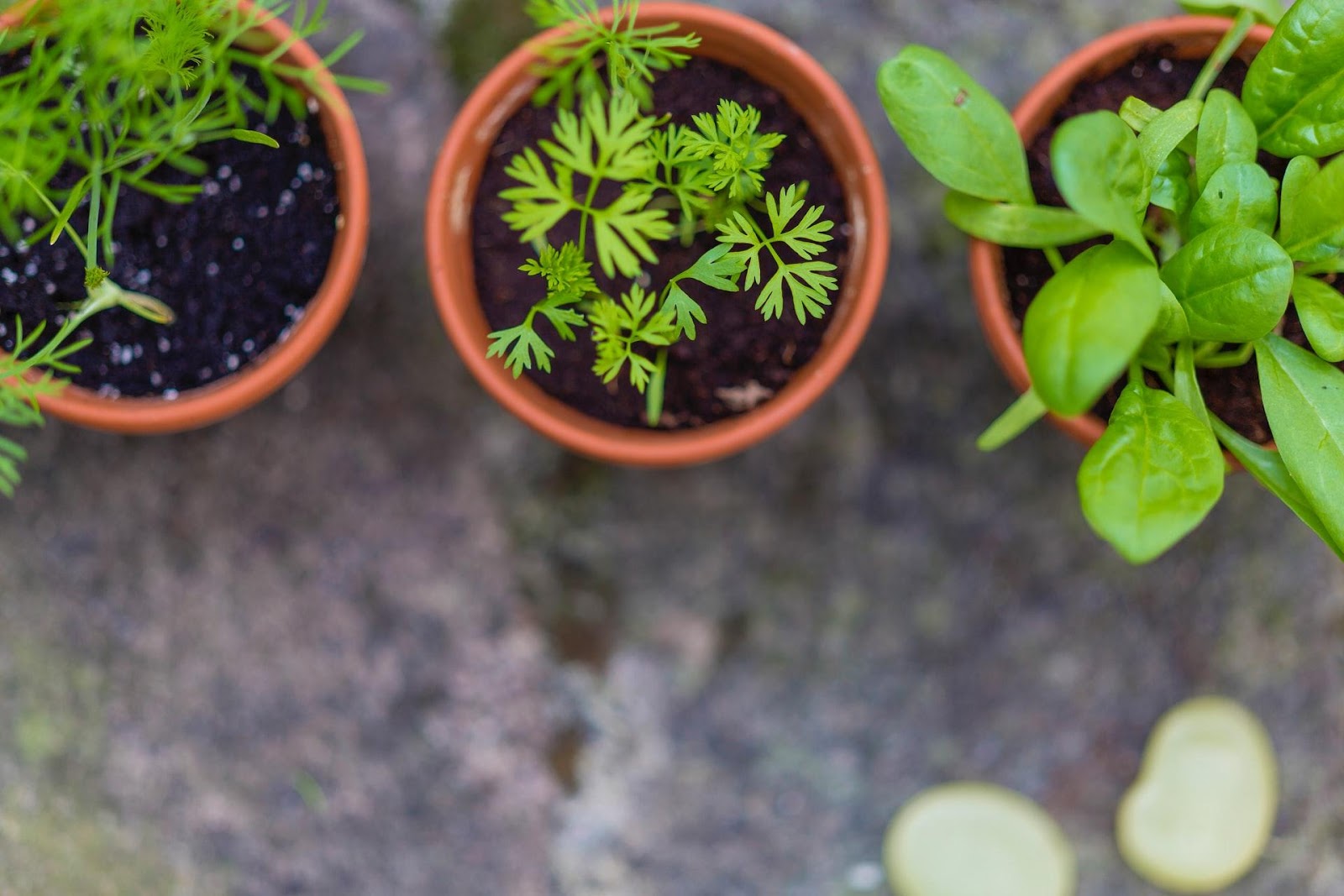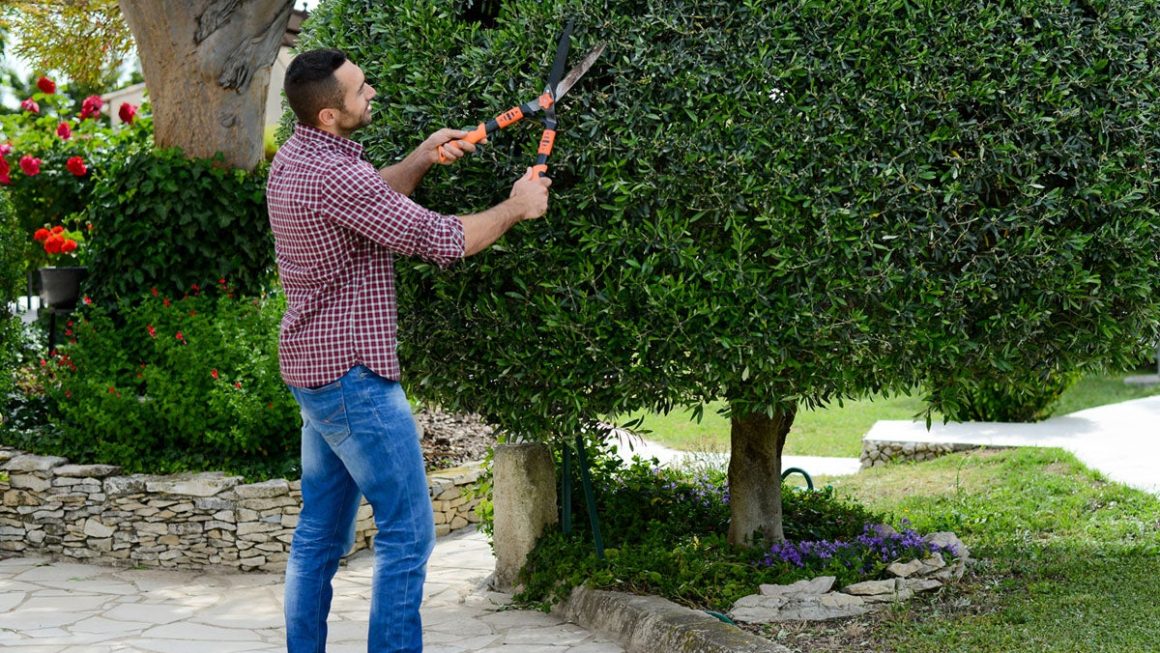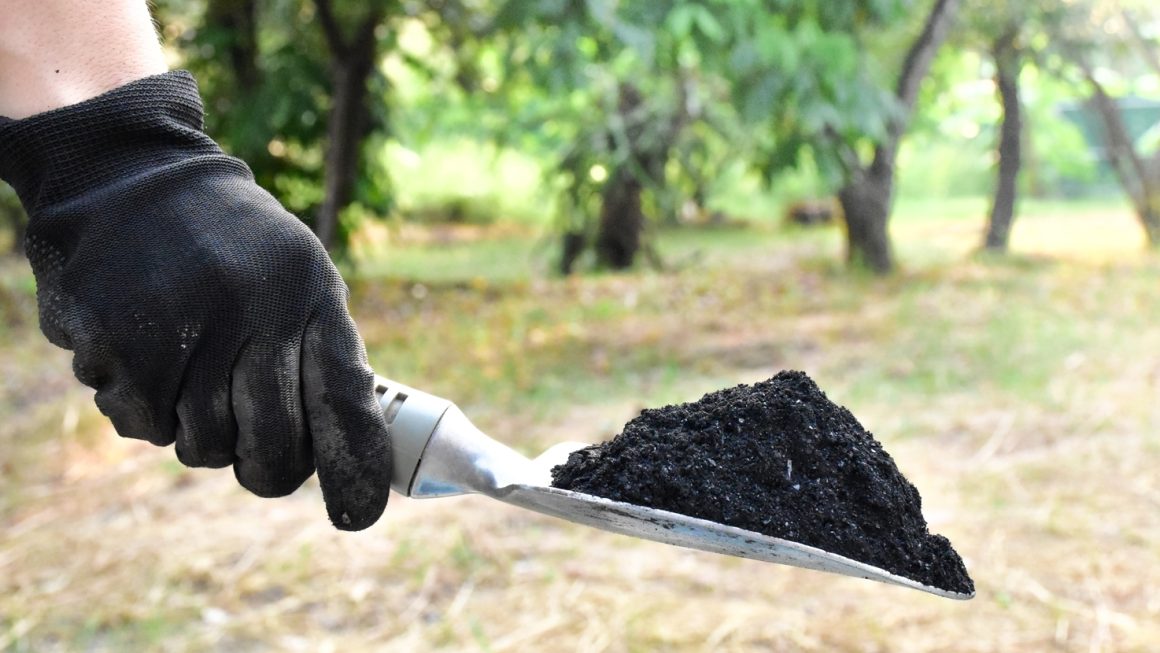If you do not have a backyard, don’t let it stop you from your love of gardening. Here are the Best Windowsill Herbs you can grow without a garden!
A kitchen windowsill herb garden brings nature inside while also adding fresh flavours to whatever you prepare. You can start your garden with small plants or seeds, but bear in mind that while seeds are less expensive, they require more work and take longer to mature than young plants. While a kitchen windowsill is the most handy due to its proximity to meal preparation, any window in your home can suffice. Are you ready to begin planting? Here are some tips for you:
Choose Plants for a Windowsill Herb Garden
However, herbs like parsley, basil, and chives are easy to grow from seeds. Alternatively, buy plants from your local supermarket or garden centre for an instant indoor garden. Some herbs like mint, rosemary and thyme take months to grow from seed, so starting with good-sized plants ensures you can enjoy herbs right away.
5 Best Herbs to Grow Indoors
- Parsley: One of the best herbs for a sunny windowsill with no supplementary lighting is parsley because it can produce a good yield with little light.
- Oregano: Being a sun-lover, this offers one of the best harvests when provided with plenty of sunlight. During summer and spring, provide enough light, and in autumn and winter, add some grow lights.
- Thyme: Thyme leaves are small but pack a punch in soups, marinades, and stews. On a south-or east-facing windowsill, it’s also quite easy to cultivate. Plant a pot of lemon thyme for a unique flavour.
- Rosemary: Rosemary is a Mediterranean herb that requires full sun and well-drained soil to thrive. It’s difficult to replicate these conditions indoors, but I’ve had success using a grow light as a supplement. I don’t overwater, but I do mist every day (keep a decorative hand sprayer on the windowsill as a reminder).
- Basil: Basil’s spicy-sweet flavour and aroma have elevated it to the status of a must-have kitchen herb. Harvest frequently, pinching back to a fresh set of leaves to stimulate new growth, and experiment with this basil salt recipe.
Follow these basic steps.
If you intend to start your kitchen herb garden from seeds, make sure to carefully read the seed packets for detailed planting instructions. In general, you should start the seeds indoors six to eight weeks before the last frost. Fill each of your containers within one inch of the rim with fresh potting soil. Cover with soil and pat down after scattering a few seeds on top of the soil or burying larger seeds. To encourage germination, cover the soil with plastic wrap or a dome. Remove the plastic as seedlings appear.
If you want to start from a plant, place two to three inches of potting soil in a new, larger pot than the seedlings came in. Transfer the plants to a new container while gently teasing or loosening the roots to allow them to flare out; otherwise, the roots risk strangling themselves. Fill the container to approximately an inch from the top with potting soil. Thoroughly and immediately wet.
Take a sunny position.
Read the tag that comes with each plant; it will tell you how many hours of sunlight it requires to thrive. A south-facing window with six to eight hours of sunlight is ideal; if the sill only receives partial sunlight, you could install grow lights, which are typically fluorescent bulbs, though they are expensive.
Plant the herbs you cook with most often.
Basil, mint, rosemary, oregano, parsley, chives, and thyme all grow well on a windowsill and are likely to be used the most in the kitchen. If you enjoy another herb and use it frequently in your cooking, you should consider planting it.
Give them space.
Don’t expect a plant to thrive if it’s crammed into a too-small planter. Its root system requires space to grow and will not be able to support the plant if it does not have it. For best growth, remove the herb from its original three- or four-inch pot and replant it in a container at least six inches wide with drainage holes and a waterproof saucer.
Put some herbs in solitary confinement.
Mint and coriander, for example, should never be planted with other herbs because they spread quickly and take over the garden if you’re going to plant anything that could interfere with the growth of other herbs, put it in its own pot.
Don’t forget these add-ins.
Fortify your plants once a month with organic fertilizer or compost.
Water the plants!
As your garden expands, don’t overwater your plants to the point where they get wet. Root damage will happen as a result of this. Get a healthy garden by watering the soil whenever you feel it’s dry.
Do you know?
Many men in the age group of 18-65 years suffer from Erectile Dysfunction. However, treatment is available for this problem in the form of medication. Some of the most commonly prescribed medicines by doctors from the best online pharmacy are: Cenforce 200 | Vidalista 40 | Aurogra 100.



